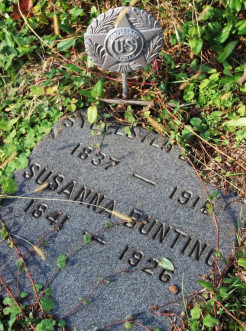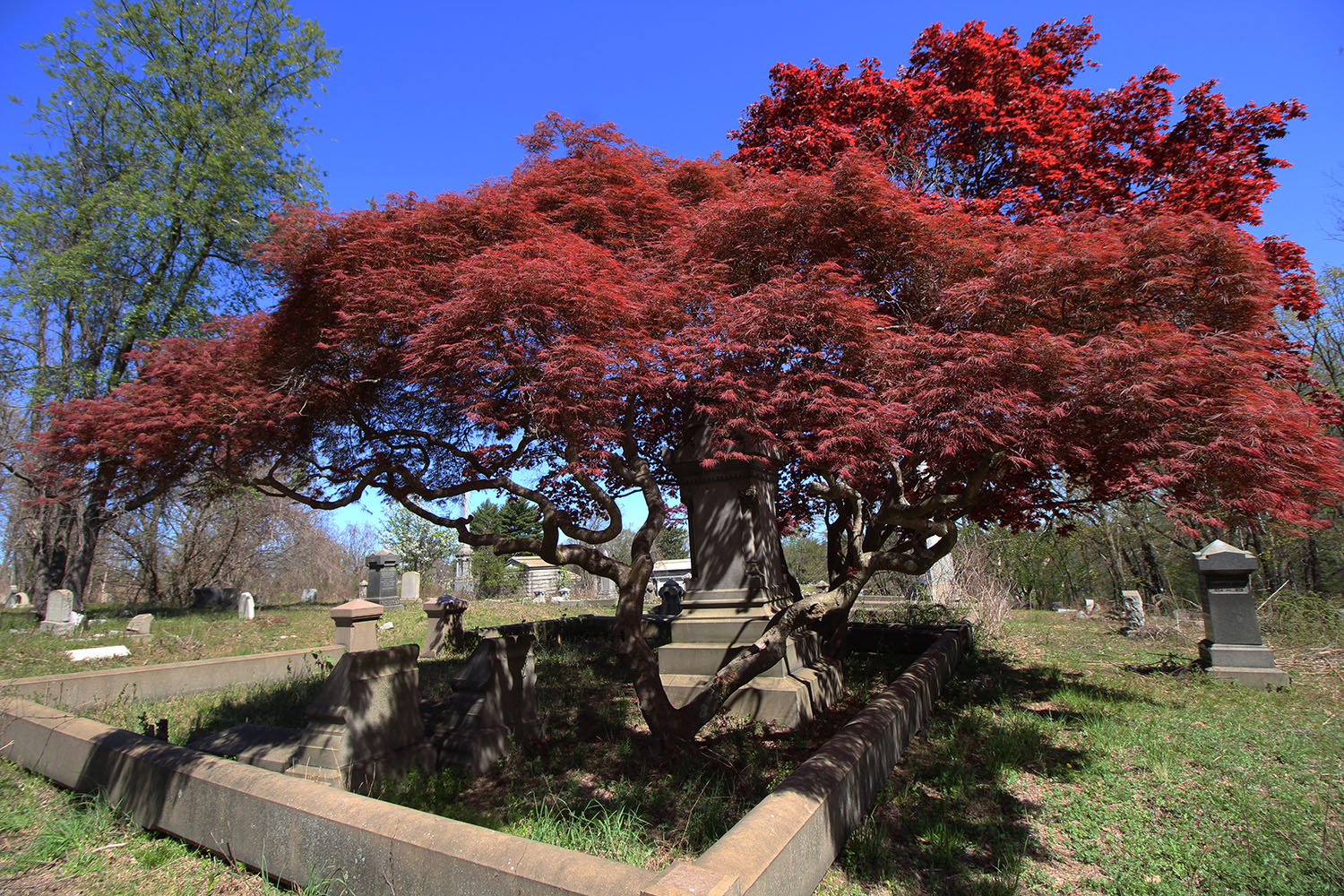Title: Confederate Army private, Civil War
Birthdate: 1837
Death Date: May 24, 1918
Plot Location: Section 104, Lot 95, Division A

Men born close to the sea are often seamen, at least in their souls. Sylvester was more so than his brothers Solomon and Samuel, and his father, George. They were all farmers whose roots went back to the 1700s.
The family was from Accomack County on Virginia’s Eastern Shore, a sliver of land that is part of the Delmarva Peninsula. The Buntings were never more than ten miles west of the Atlantic or east of Chesapeake Bay.
Sylvester’s occupation as a young man was a sailor. When he was 24 his state seceded from the Union. The Confederacy had a small and ineffective navy, so Sylvester was enlisted as a private in the 39th Virginia Infantry Regiment. That was on September 28, 1861, and he never sailed again. In fact, he never left the state during the entire war. The Yankees invaded and occupied Accomack County on February 3, 1862 and took Sylvester prisoner.
Six months later he escaped to Richmond and was assigned to Company F of the 46th Regiment, where he remained for the duration of the war. His unit was sent to the Eastern Shore for almost 18 months as a counterforce to the Union presence in Norfolk and Fortress Monroe. In 1864 they were stuck in the trenches in Petersburg, and helped set fire to Richmond before they retreated in 1865. Sylvester’s regiment had 15 officers and 116 men left when they stopped their march at Appomattox and surrendered.
Home at last, Sylvester enjoyed the familiar sea breezes, but also found love in the air. He married Susannah Thornton, a hometown girl on March 27, 1867. There was no military service record found for his younger brother, Samuel. He married in 1862 and farmed the rest of his life in Accomack County where the closest town was called Temperanceville.
The older brother, Solomon, was a First Lieutenant in the war, got married, and returned to farming, perhaps with his father, near a little town called Modest Town. The 1870 census shows Sylvester’s address was Modest Town, but it wasn’t for long. For reasons unknown, he and Susannah found themselves living close by the Delaware River in Philadelphia by 1876.
He initially worked as a carpenter, but became a wharf builder in 1883, and easily walked to work from his home on Second Street. By 1910 he listed his occupation as a bridge builder before taking an less strenuous job as a watchman.
Sylvester was living at 3434 Broad Street when he died of heart disease. Susannah joined him at Mount Moriah eight years later. Other than two Confederate soldiers with military gravestones in the Soldier’s Lot (Section 200), two other veterans of the Confederate Army have been located in private lots. “Notable” life stories have been written for Orville Jackson Moat and Jacob Nathan Hoeflich.

Support the Friends of Mount Moriah
Help us in our mission to restore and maintain the beautiful Mount Moriah Cemetery by donating to our cause or volunteering at one of our clean-up events.

